
|
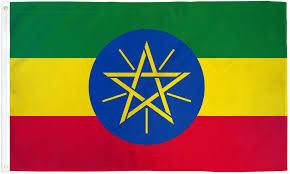
|
Date: Dec 30, 2024
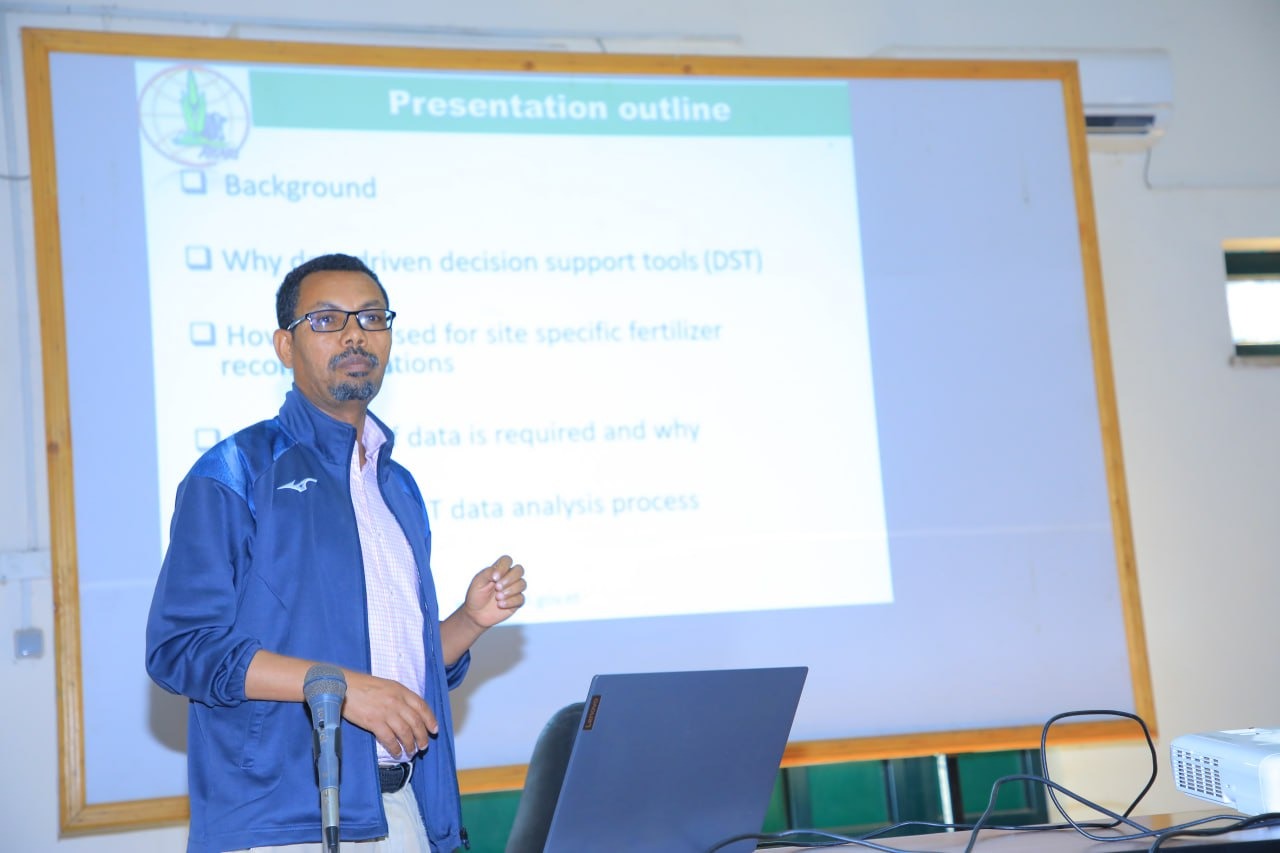
The development of a Decision Support Tool (DST) for fertilizer recommendations tailored to Ethiopia's farming system is crucial for boosting agricultural productivity and advancing the country toward precision agriculture. In pursuit of this objective, the Ethiopian Institute of Agricultural Research (EIAR), regional research institutes, and international collaborators have been engaged in ongoing research to create a machine learning-based DST model. This tool is designed to provide farmers with accurate, data-driven fertilizer recommendations, specifically tailored to individual farms or plots of arable land.
Dr. Birhanu Agumas, Senior Researcher at the Amhara Agricultural Research Institute (ARARI) and a member of the national research team’s technical committee working on the model-based DST, outlined the research process and its goals. He emphasized that, over the past three years, extensive research has been conducted to modernize fertilizer recommendations nationwide. The results are currently undergoing review at both national and regional levels.
Dr. Birhanu explained that the DST is based on machine learning algorithms, which utilize legacy data spanning several years, along with data from nutrient omission experiments and other fertilizer rate trials conducted over the past three or more years. The DST integrates crop response data from field experiments, as well as climate, soil, and topographic data, which serve as key variables. He further emphasized that the model was developed using comprehensive data representing Ethiopia’s major crop-growing areas, ensuring that it is relevant across diverse agricultural zones in the country.
Recalling the origins of the DST development process, Dr. Birhanu noted that international research institutions such as Alliance Bioversity International – CIAT, the International Crops Research Institute for the Semi-Arid Tropics (ICRISAT), and the International Maize and Wheat Improvement Center (CIMMYT) had previously developed their own fertilizer recommendation models. However, these models were not adopted by Ethiopia’s Ministry of Agriculture, EIAR, or regional research institutions. Dr. Birhanu explained that introducing multiple models would cause confusion among smallholder farmers, who need clear and unified guidance. As a result, the various institutions decided to collaborate on creating a single, harmonized DST that aligns with Ethiopia’s soil and climate conditions and meets the specific needs of local farmers.
In response, a collaborative team of researchers, data scientists, and modellers from national, regional, and international institutions came together to design the machine learning-driven DST. After extensive discussions, analysis, and data integration, the harmonized DST has been successfully developed and is now being tested on farmers' fields across the country.
ARARI, as a key regional research institute, has played a significant role in executing field experiments, conducting data analysis, and contributing to the development of the DST through its research centers in Adet, Sirinka, Gonder, Sekota, and Debirbirhan. These centers provided valuable data that fed into the model's development, strengthening its applicability and accuracy.
Dr. Birhanu concluded that the DST is currently undergoing rigorous validation on farmers’ fields throughout Ethiopia. After completing this validation and piloting phase, the tool will be officially rolled out. It will then serve as an essential resource for farmers, policymakers, agricultural experts, and researchers, providing them with reliable, data-driven recommendations on fertilizer use. This will ultimately enhance agricultural productivity and support sustainable farming practices across Ethiopia.
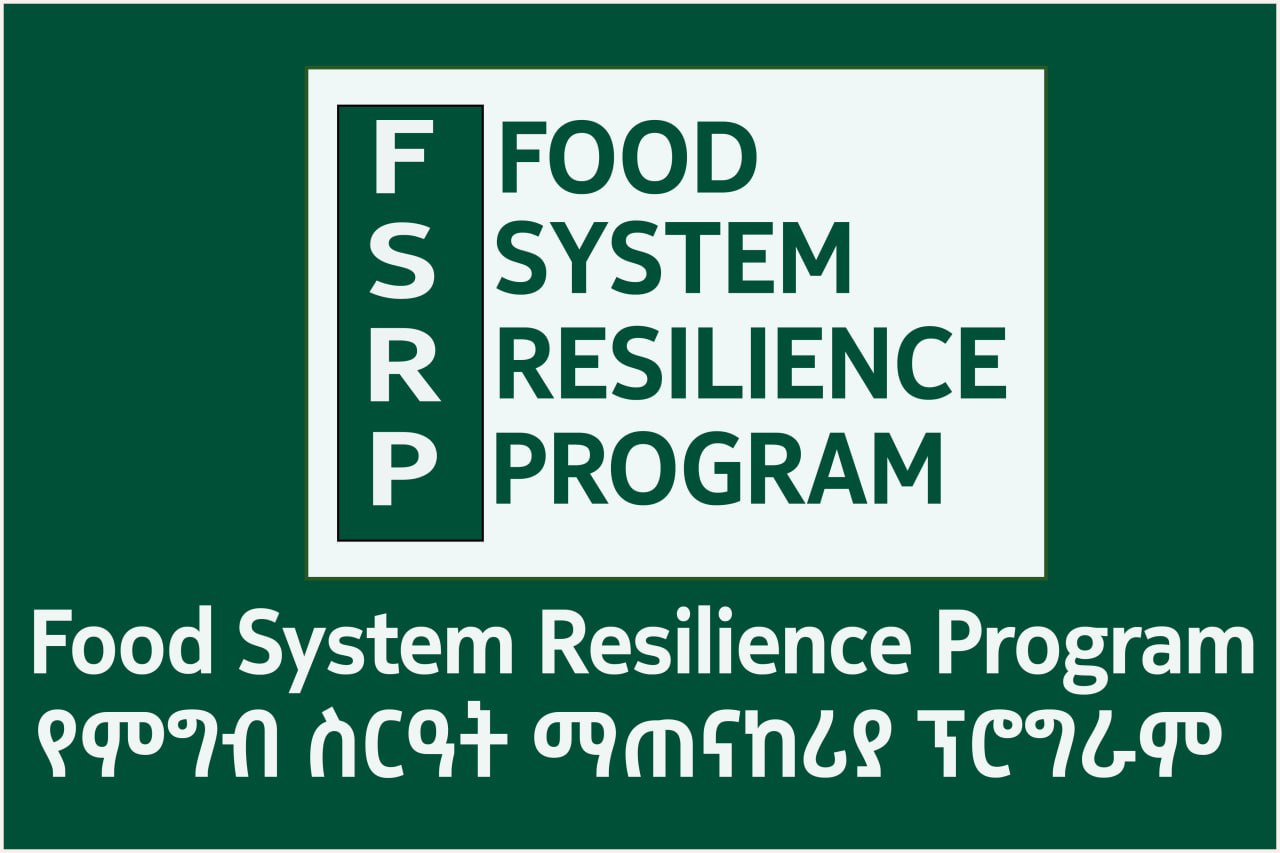

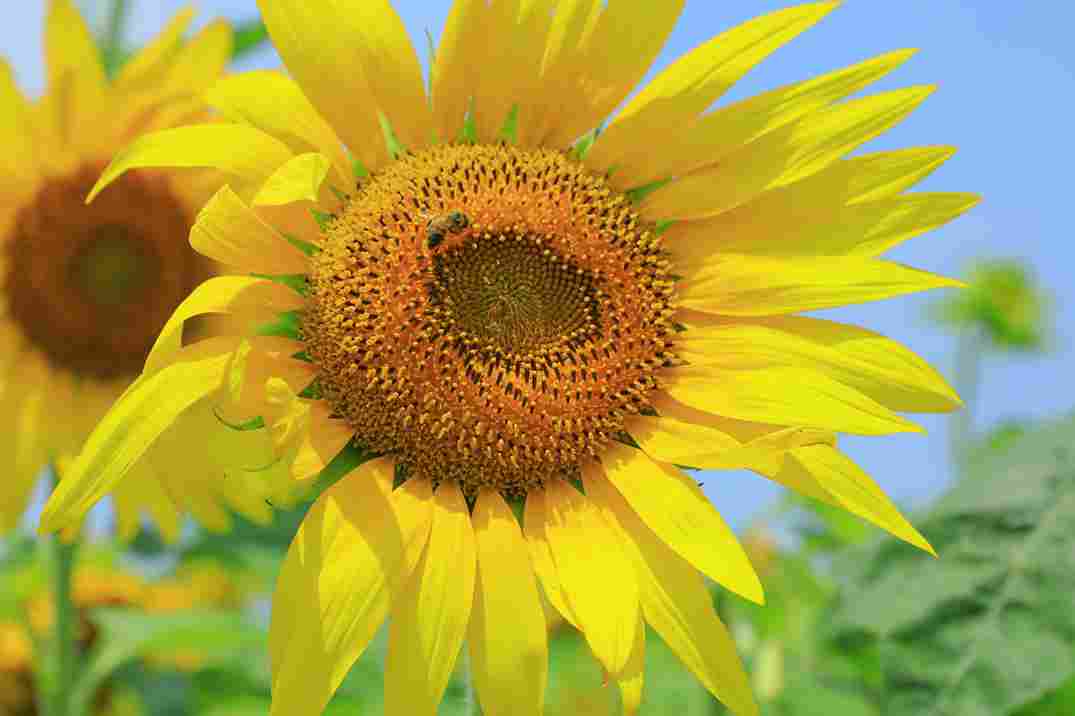
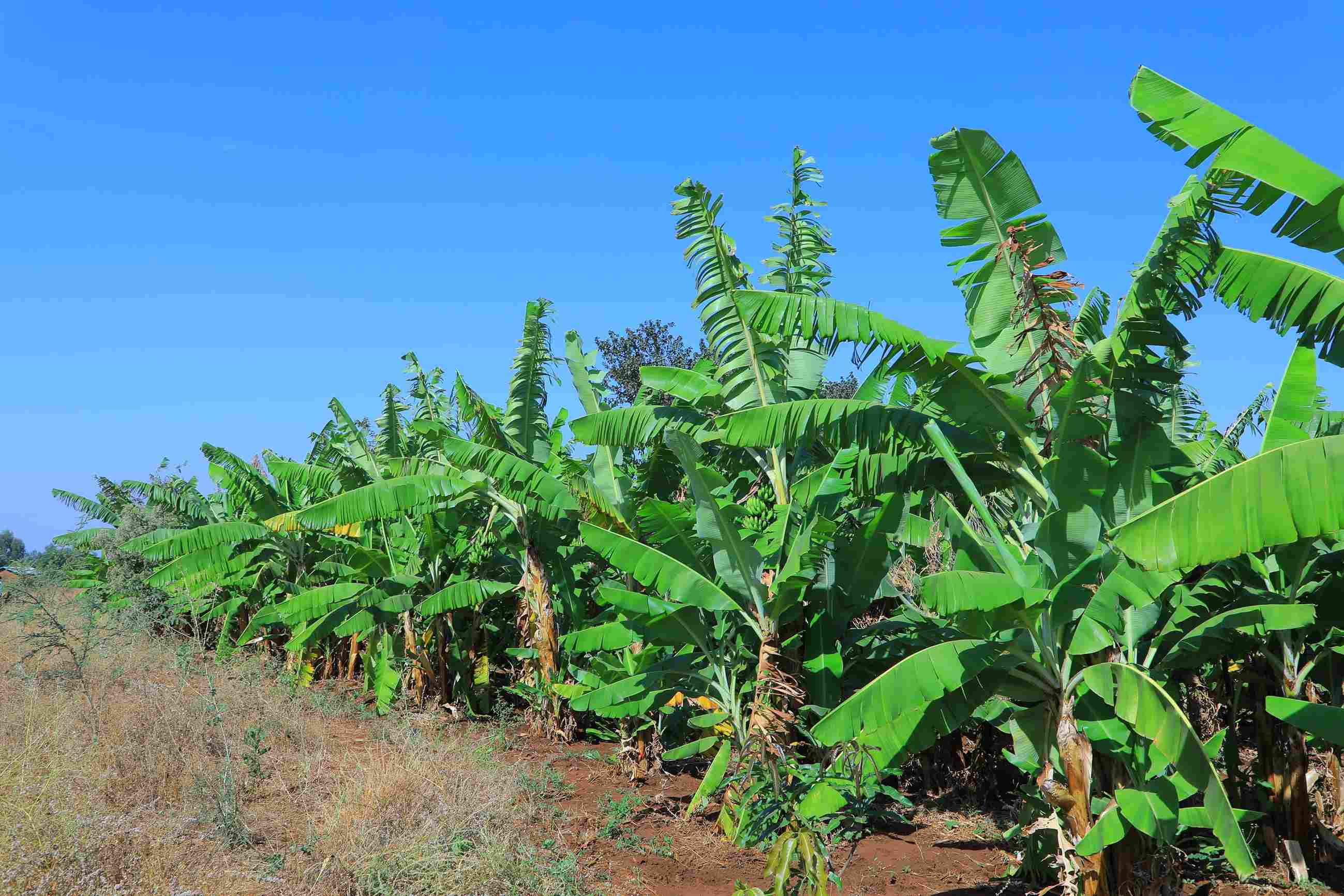
Science grows food; peace sustains itFood security remains one of the most pressing global challenges, especially in regions affected by conflict and environmental instability. Agricultural research plays a pivotal role in addressing this challenge by developing resilient crop varieties, sustainable farming practices, and innovative technologies tailored to local conditions. However, the effectiveness of these solutions can be undermined by conflicts, wars, and instabilities caused by many human-made issues that disrupt farming activities, displace communities, and hinder access to markets and resources. Effective conflict management strategies are essential to create an environment where agricultural innovations can thrive. By integrating agricultural research with conflict-sensitive approaches, stakeholders can ensure that interventions reach the most vulnerable populations. Collaborative efforts between governments, researchers, and communities are vital to restoring trust and fostering long-term resilience. Ultimately, the path to food security lies in harmonizing science and peacebuilding efforts. With coordinated action, we can cultivate not only thriving farms but also stable communities, paving the way for a sustainable future for all. Author: Solomon Abate Mekonnen Date: 2024-12-21 43:21:08 |
|
 |
Enhancing Research Publishing: New Digital Journal Management SystemThe Amhara Agricultural Research Institute (ARARI) is proud to introduce its new Digital Journal Management System, designed to streamline the process of tracking submissions and publications. This advanced system offers a seamless experience for authors, reviewers, and editors, ensuring that every step of the publication process is efficient and transparent. By adopting this digital solution, ARARI aims to foster a more organized and accessible platform for research publishing, ultimately advancing the dissemination of vital agricultural research. Author: Solomon AM Date: 2024-05-24 10:24:01 |
 |
ARARI Revolutionizes Research Engagement with Innovative Digital SystemThe Amhara Agricultural Research Institute (ARARI) is transforming its research operations by implementing a cutting-edge digital system. This innovative platform aims to enhance the efficiency and effectiveness of agricultural research, streamline data management, and foster seamless communication among researchers. By embracing digital technology, ARARI is poised to accelerate scientific discoveries and ensure sustainable agricultural development in the region. Author: Solomon AM Date: 2024-05-24 50:24:09 |
Science grows food; peace sustains it |
|
Food security remains one of the most pressing global challenges, especially in regions affected by conflict and environmental instability. Agricultural research plays a pivotal role in addressing this challenge by developing resilient crop varieties, sustainable farming practices, and innovative technologies tailored to local conditions. However, the effectiveness of these solutions can be undermined by conflicts, wars, and instabilities caused by many human-made issues that disrupt farming activities, displace communities, and hinder access to markets and resources. Effective conflict management strategies are essential to create an environment where agricultural innovations can thrive. By integrating agricultural research with conflict-sensitive approaches, stakeholders can ensure that interventions reach the most vulnerable populations. Collaborative efforts between governments, researchers, and communities are vital to restoring trust and fostering long-term resilience. Ultimately, the path to food security lies in harmonizing science and peacebuilding efforts. With coordinated action, we can cultivate not only thriving farms but also stable communities, paving the way for a sustainable future for all. Author: Solomon Abate Mekonnen Date: 2024-12-21 43:21:08 |
Enhancing Research Publishing: New Digital Journal Management System |
 |
|
The Amhara Agricultural Research Institute (ARARI) is proud to introduce its new Digital Journal Management System, designed to streamline the process of tracking submissions and publications. This advanced system offers a seamless experience for authors, reviewers, and editors, ensuring that every step of the publication process is efficient and transparent. By adopting this digital solution, ARARI aims to foster a more organized and accessible platform for research publishing, ultimately advancing the dissemination of vital agricultural research. Author: Solomon AM Date: 2024-05-24 10:24:01 |
ARARI Revolutionizes Research Engagement with Innovative Digital System |
 |
|
The Amhara Agricultural Research Institute (ARARI) is transforming its research operations by implementing a cutting-edge digital system. This innovative platform aims to enhance the efficiency and effectiveness of agricultural research, streamline data management, and foster seamless communication among researchers. By embracing digital technology, ARARI is poised to accelerate scientific discoveries and ensure sustainable agricultural development in the region. Author: Solomon AM Date: 2024-05-24 50:24:09 |

| Important Links | Our address | Collaboration & Partnership | |
|
Ethiopian Institute of Agricultural Research BoA, Amhara Ministry of Agriculture ATI K-Ersha ILRI FAO Ethiopian Statistical Services (ESS) EFWPDA, Amhara |
Contacts |
|
Food System Resilience Program (FSRP) Climate Action Through Landscape Management (CALM) Resilient Agriculture for Inclusive and Sustainable Ethiopian Food Systems (RAISE-FS) International Maize and Wheat Improvement Center (CIMMYT) Alliance for a Green Revolution in Africa (AGRA) International Center for Agricultural Research in the Dry Areas (ICARDA) International Potato Center (CIP) |